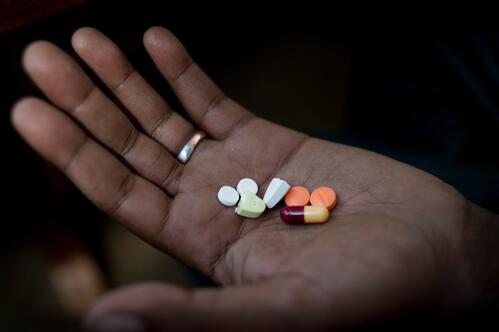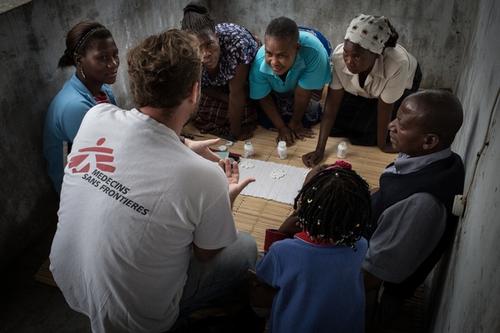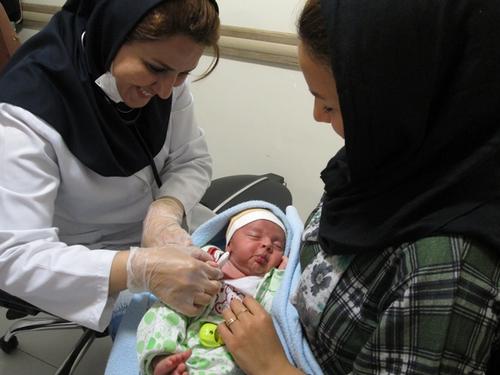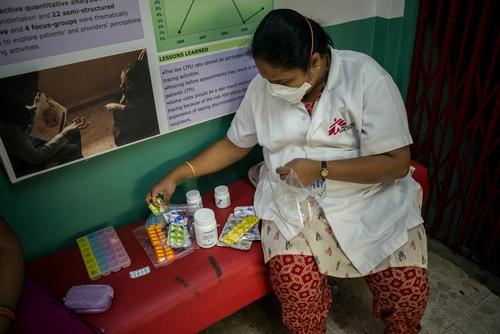New York/Geneva, 31 December 2012 – Médecins Sans Frontières (MSF) welcomed the approval by the US Food and Drug Administration of bedaquiline, the first new drug active against tuberculosis (TB) to be registered since 1963.
“The first new drug to treat TB in 50 years is an immense milestone,” said Dr Manica Balasegaram, Executive Director of the MSF Access Campaign. “The fact that the drug is active against drug-resistant forms of the disease makes it a potential game changer.”
Today’s treatment for multidrug-resistant TB (MDR-TB) is a two-year course of up to 20 different pills per day and around eight months of daily injections. Patients are subjected to excruciating side effects, ranging from permanent deafness and persistent nausea to psychosis. Globally, only 48 per cent of people who start treatment for DR-TB are cured. In MSF programmes, the cure rate is slightly better – 53 per cent - but still unacceptably low.
“Ministries of health and drug regulators need to work together to make sure people with MDR-TB benefit from this important medical advance as soon as possible. The onus is on all of us to use bedaquiline to devise new treatment regimens for drug-resistant TB that are shorter, more tolerable for patients, and are more effective,” said Dr Balasegaram. “With better treatment on the way, there should be all the more incentive to scale up our efforts to treat MDR-TB today.”
The scale of the DR-TB epidemic is huge, with 310,000 new cases notified in 2011. But globally, only 19 per cent of people thought to be infected are receiving treatment.
“Scale-up of global DR-TB treatment has remained shockingly low, to a large degree because the current treatment regimen is so complex and costly for health programmes and difficult to tolerate for patients,” said Dr Francis Varaine, leader of MSF’s TB Working Group. "With simpler, shorter and more effective treatment regimens, we will be able to scale-up treatment and cure more people with DR-TB."
In addition to bedaquiline, developed by Janssen, a second new drug that is active against MDR-TB called delamanid, developed by Otsuka, is undergoing registration by the European Medicines Agency and is expected to be approved for use in 2013. Together, the two new drugs represent an unprecedented opportunity to improve treatment for MDR-TB, and ensuring the drugs are combined and introduced in the most effective manner is extremely urgent.
But access to the new drugs will depend to a large degree on the manufacturers. MSF calls on the manufacturers to make the drugs available for research in order to develop shorter, more effective regimens, to register them in high-burden countries as quickly as possible once they have been approved, and to ensure they are affordable in countries where they are needed most.
MSF treated 26,600 TB patients in 36 countries in 2011, 1,300 of whom had drug-resistant forms of the disease.






